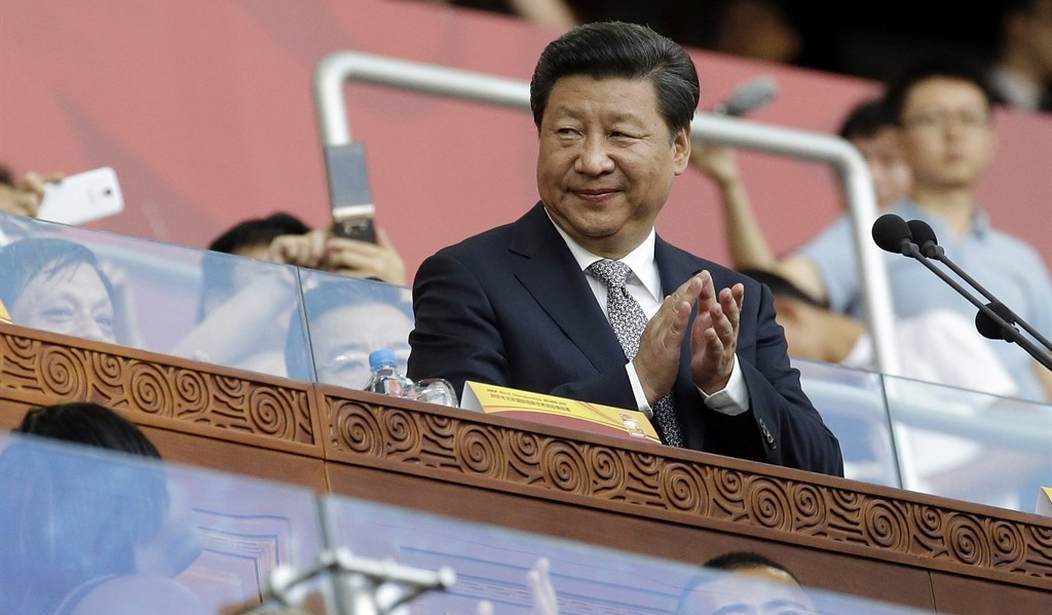China has assumed for itself the traditional U.S. role (since the end of WWII) of brokering peace between geopolitical rivals.
PJ Media’s Lincoln Brown reported last month that China had negotiated a restoration of diplomatic ties between Saudi Arabia and Iran, bitter regional foes and religious opponents (the Kingdom being the de facto capital of Sunni Islam and Iran being Shi’ite).
Now the CCP has orchestrated a meeting in Beijing between the two Muslim powerhouses. It took place on April 6.
Via Reuters:
The top envoys for Saudi Arabia and Iran will meet in Beijing on Thursday, an Iranian official and a Saudi-owned newspaper said, as the two regional rivals work to hash out next steps of their diplomatic rapprochement amid a China-brokered deal.
The meeting between Prince Faisal bin Farhan Al Saud and his Iranian counterpart, Hossein Amirabdollahian, will be the first formal meeting between Saudi Arabia and Iran’s most senior diplomats in more than seven years.
China is, and has been for decades, eager to legitimize itself on the world stage as the predominant power broker. Already, the CCP is framing the summit as a diplomatic victory for China at the expense of the United States.
The flex was also a rhetorical win for Iran, a longtime American foe that is all too happy to see the United States cut out of the equation.
Continuing via Reuters:
Beijing’s secret role in the breakthrough between Tehran and Riyadh shook up dynamics in the Middle East, where the United States was for decades the main mediator, flexing its security and diplomatic muscles.
“The era of the United States’ involvement in this region is over … The regional countries are capable of preserving security and stability in the Middle East without Washington’s interference,” another Iranian official said.
The world cares less and less what the United States has to say on matters of strategic geopolitical import.
This news dovetails with the recent announcement that the BRICS coalition (Brazil, Russia, India, China, and South Africa) is mulling welcoming Saudi Arabia into the fold. If the accession goes through, Saudi’s massive oil reserves would add significant strength to the economic alignment, further weakening America’s relative power.
It’s also tied in no small part to the jettisoning of the U.S. dollar currently underway across the globe. Economists refer to this phenomenon as “de-dollarization.” Since the health of the mammoth U.S. economy is underpinned by the widespread use of the dollar for economic transactions globally, the consequences of de-dollarization are potentially dire.
At this early stage of America’s retirement from the geopolitical sphere as world hegemon, it’s difficult to foresee all of the consequences. For decades, the U.S. has secured trading routes (which has facilitated globalization) and promoted the liberal world economic order that it sits atop. Hard U.S. military power was underpinned by its soft cultural power, exported by way of Hollywood.
What will a world run, in whole or in part, by Chinese hard and soft power look like? Will China ever ascend to the heights of peak American power in the latter half of the 20th century?
Only time will tell.










